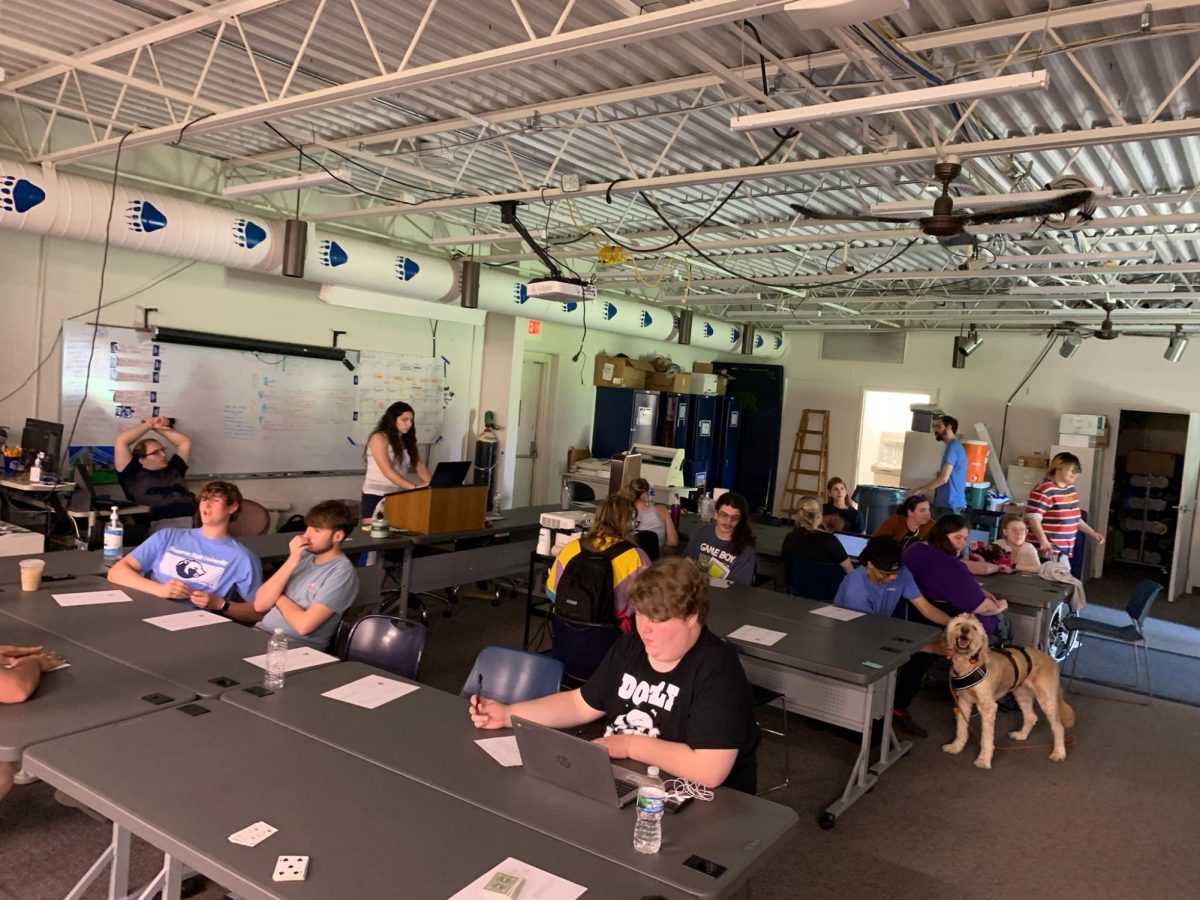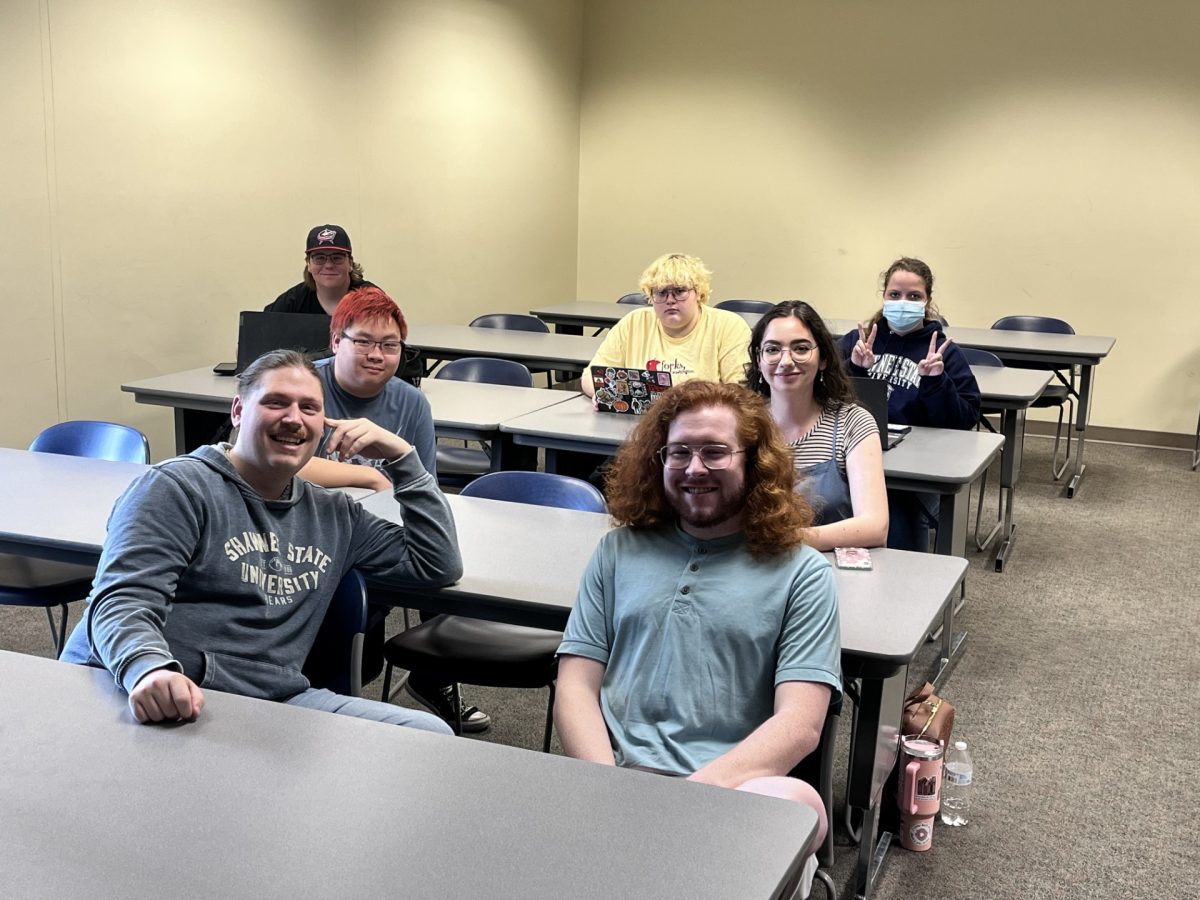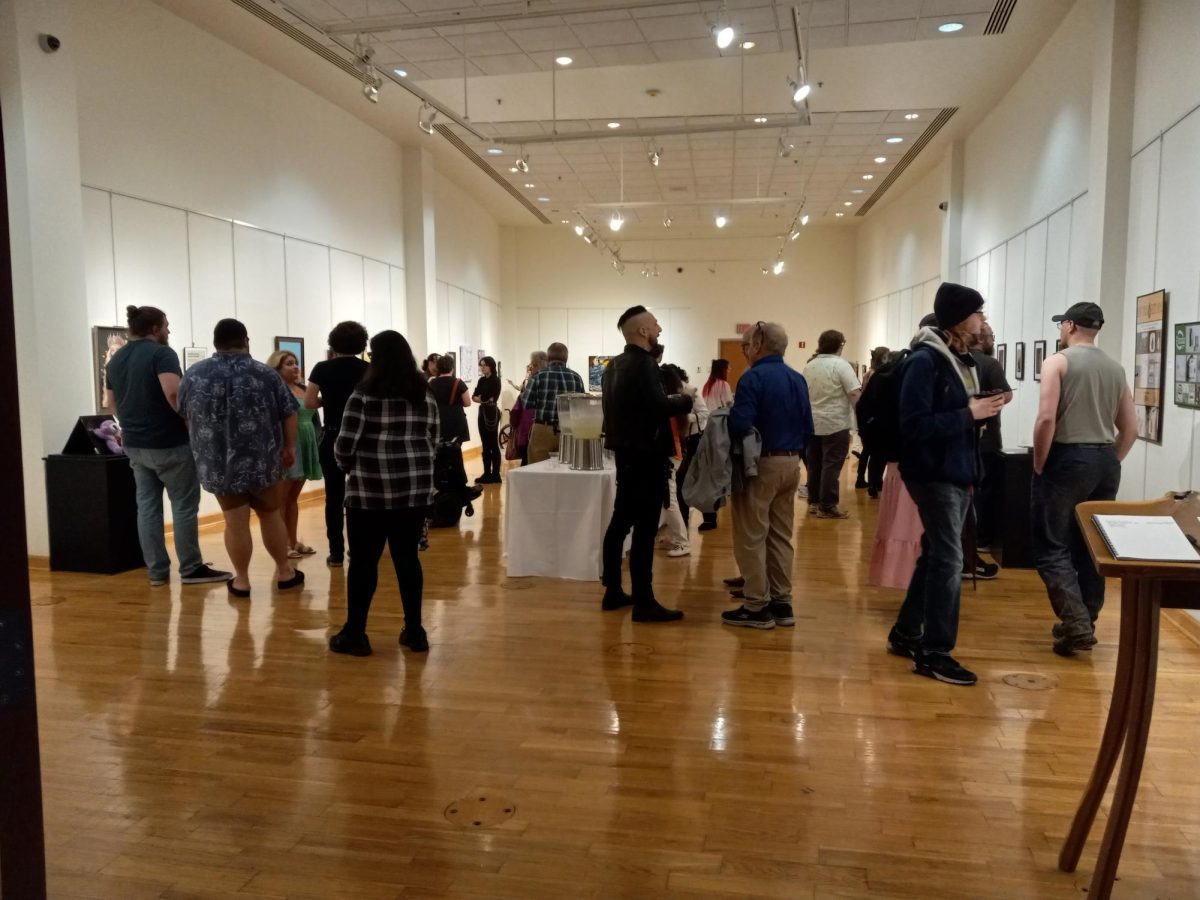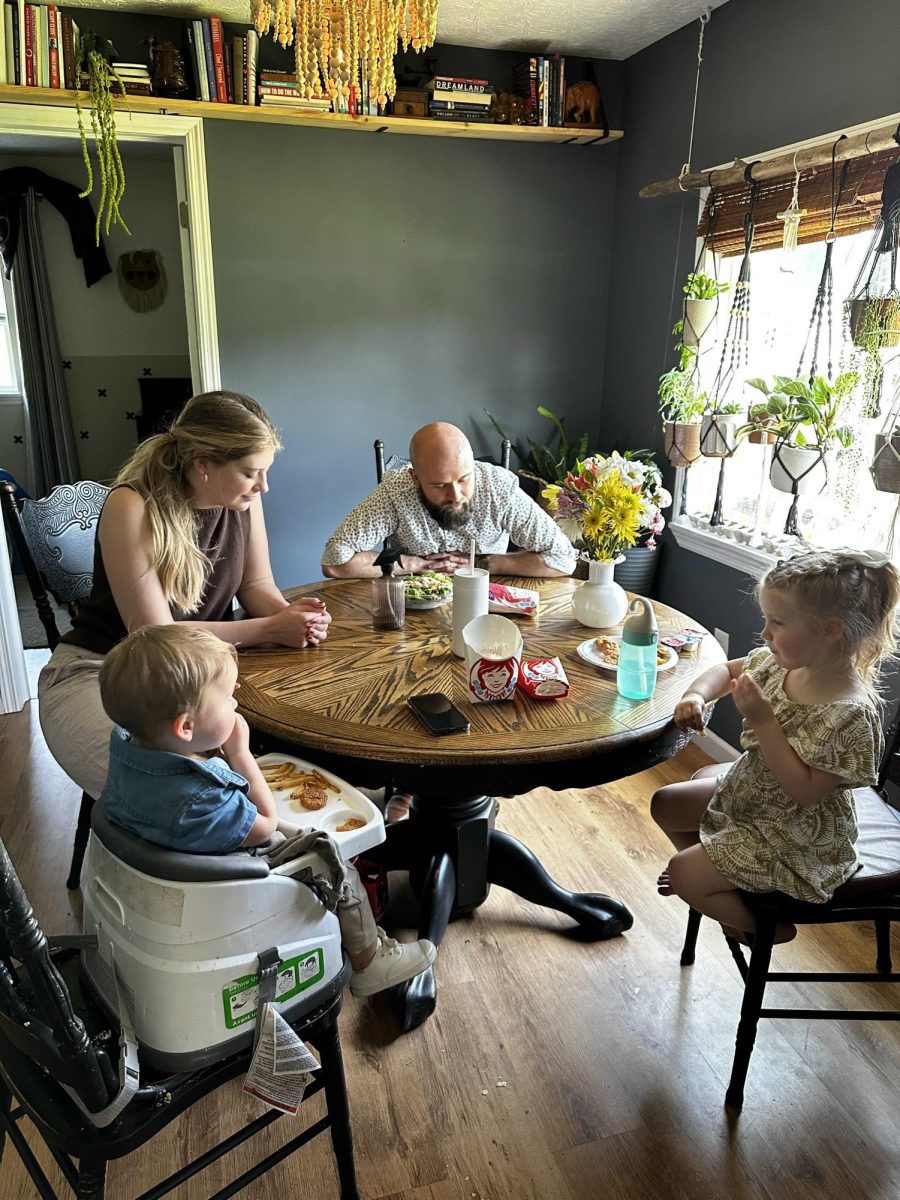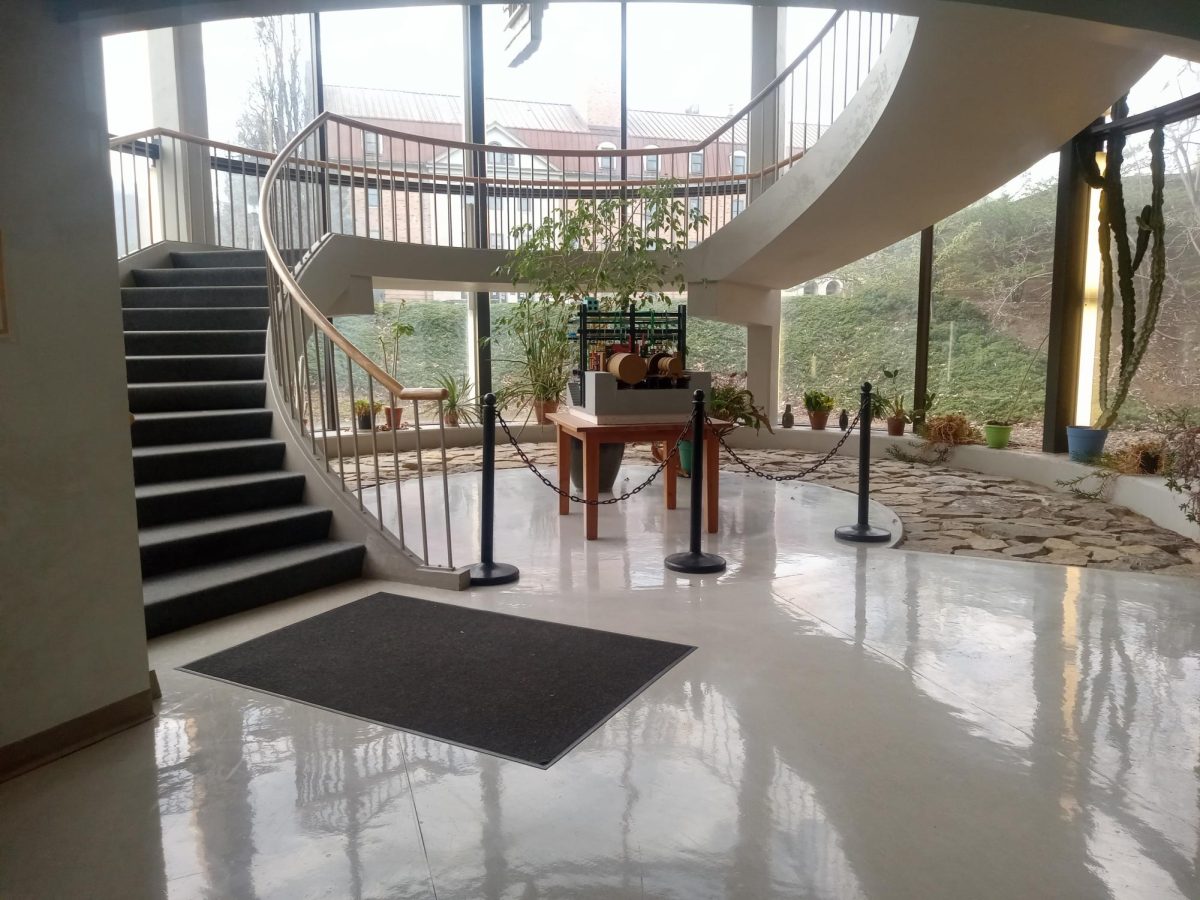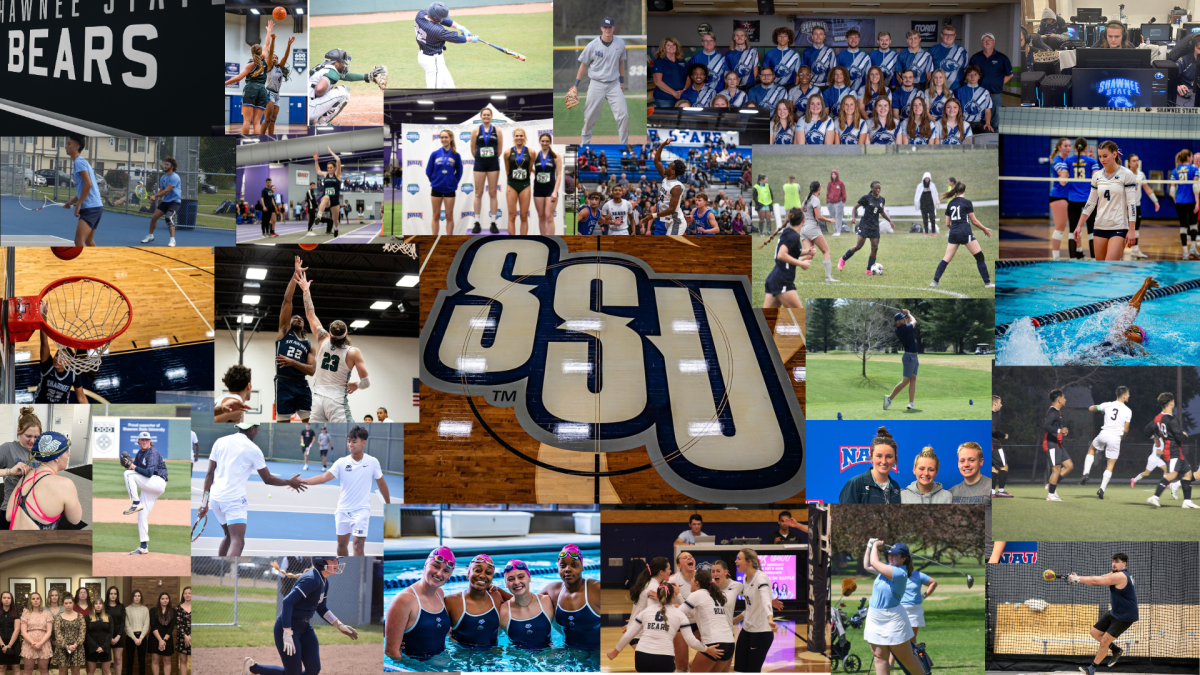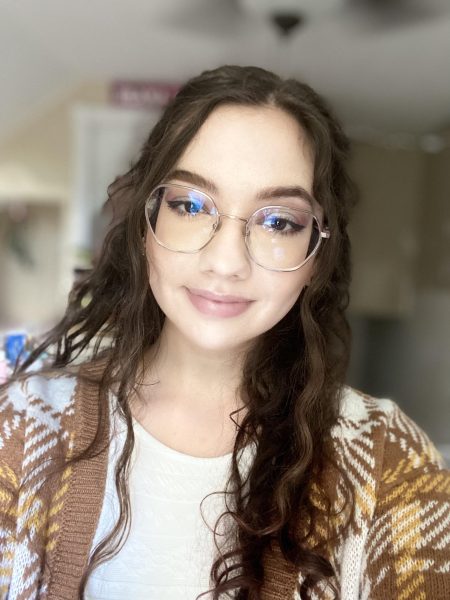In a rigorous study at Shawnee State University, a nuanced analysis explored professors’ and students’ perspectives and usage of Artificial Intelligence (AI) in higher education, offering profound insights into the evolving educational landscape.
The previous paragraph was generated by ChatGPT. To translate: The Chronicle conducted a survey to learn more about student and faculty perceptions and use of AI at Shawnee State University.
Marc Scott, director of composition and an English professor at SSU, suggested using ChatGPT to demonstrate how odd responses can be.
The survey was posted to the SSU app and linked in Bear Buzz. A total of 38 participants took the survey, answering questions about home AI usage, school AI usage and their overall opinion of the technology. No names or email addresses were collected unless participants wanted to be interviewed on their opinions.
Of the 38 participants, 13 were freshmen, six were sophomores, three were juniors, 13 were seniors, one was a graduate student, one was university staff and one was a College Credit Plus high school senior.
When used outside of school, 42.1% of responders had a positive view of AI, 32.4% had a negative view and 23.7% had no opinion/did not use AI.
When asked about AI use for school, the percentages shifted in the opposite direction with 42.1% saying they had a negative opinion. A positive opinion was expressed by 32.4% of people responding. The percentage for those with no opinion/do not use A.I. stayed about the same.
“I do understand that there’s people that are upset that it scrapes peoples’ creative works without, you know, technology that’s their [own] works, and there’s some fairness issues there, I think,” Scott said. “But in terms of the [AI] technology itself, I don’t think it’s inherently bad. I think it’s a tool.”
Of the seven students interviewed, four were against the use of AI in school, while three supported it (with clear stipulations of not using it to cheat).
In the survey, 50% thought that students who use AI frequently would cheat. Those who were unsure constituted 39.5% of responses, and 10.5% disagreed.
SSU English professor Debra Knutson is currently doing a project with her students in which they have AI give them feedback on their first drafts. While some students may get good feedback, others may not.
Knutson warns students that some AI programs like Smodin will lure you in with great advertisements and then not be able to live up to what they promise.
Despite mixed feelings about AI use in school, 65.8% of the 38 participants believe that using it to brainstorm is good.
Kaitlyn Cooper, a senior who is majoring in English and humanities, suggested that AI helps students get motivated.
“Sometimes, you need to submit a 12-page paper while you have three other projects due, and you can’t force your brain to help you out,” she said. “Sometimes, you just want to de-stress, but you’re so wound up, you have no idea where to start. In those cases, I would say AI is more than acceptable as a supplemental resource within education.”
Students agree that AI is harmful if relied on too heavily. However, some also feel the impact of it being used negatively against them.
John Yarman, who is a senior majoring in game and simulation arts, finds AI discouraging when it comes to people using it to produce art.
“It hasn’t really impacted me in art, yet,” Yarman said. “But I have seen the impact that it is having on artists … and I feel the impact coming. Seeing people who have never picked up a pencil being able to post a piece of AI art they ‘made’ and get hundreds of social media points for it, but an artist who worked so hard on something, gets barely anything, it’s kind of discouraging.”
The overall consensus of AI use in school mainly points to it needing to be regulated while still being available for basic use.
